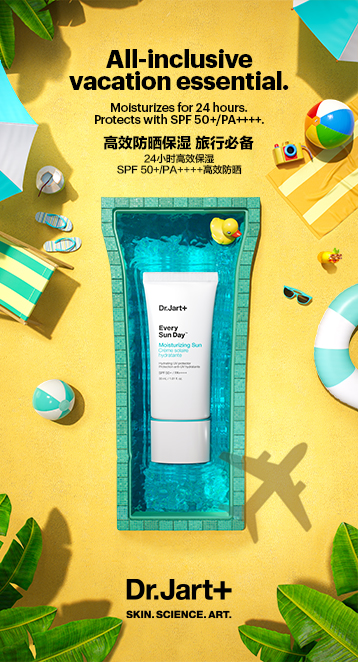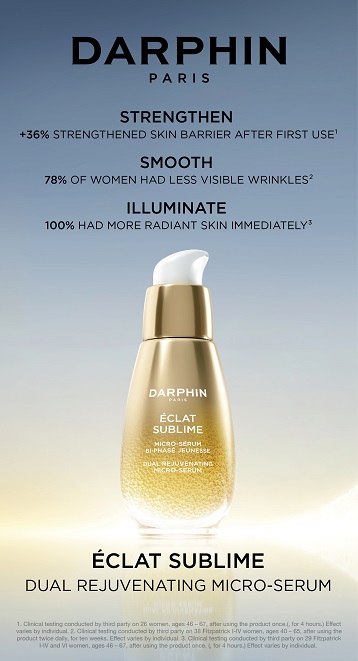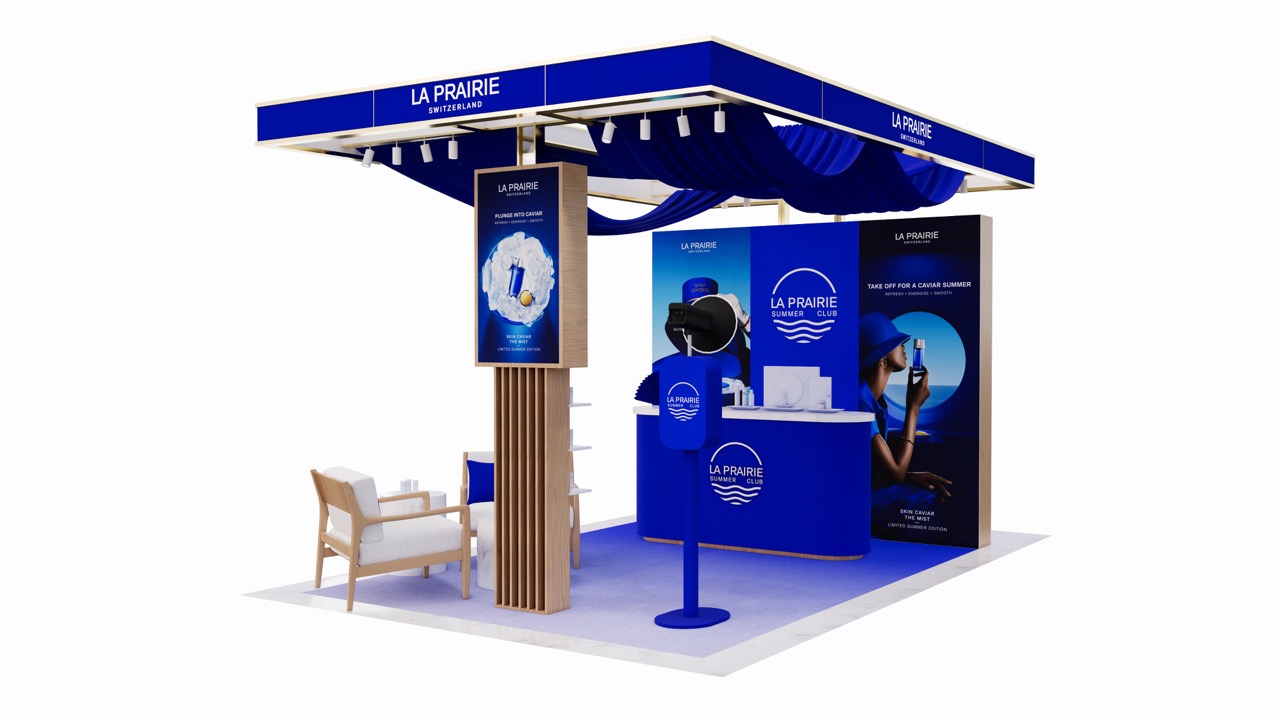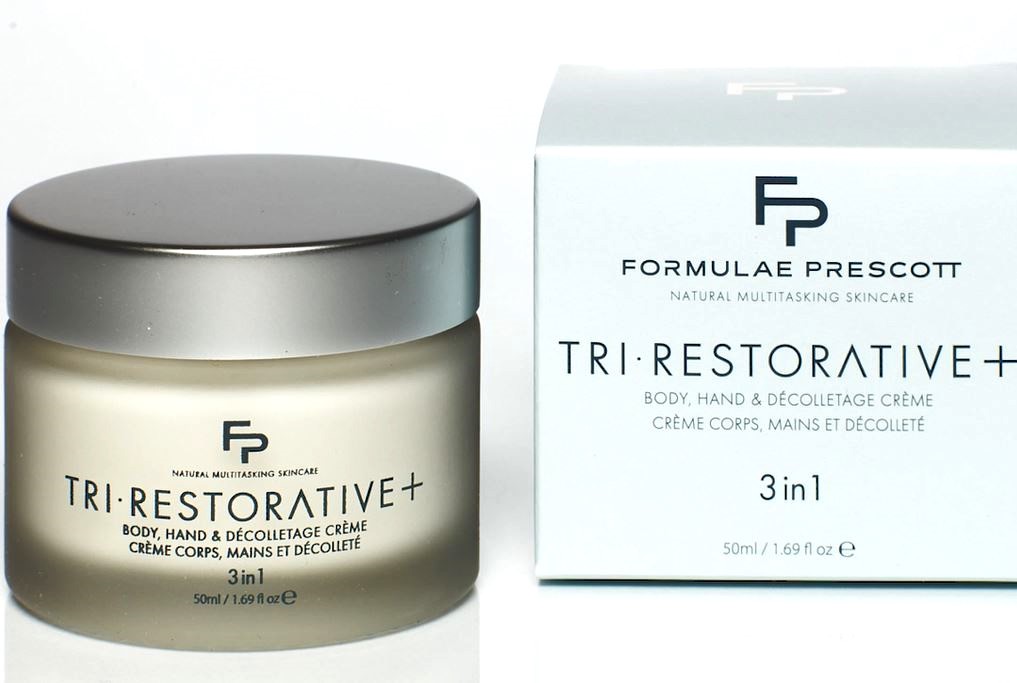SWEDEN/CHINA. Swedish beauty tech and wellbeing brand Foreo has lauded the Chinese legal system for its rigour in fighting the war against fake and counterfeit products.
The company – which received an unprecedented RMB3 million (US$500,000) in compensation for design infringement in late 2019 after a ruling by the Shanghai Intellectual Property Court – has stated its intention to continue to use the law to protect its IP rights and stamp out copycat products in 2021.
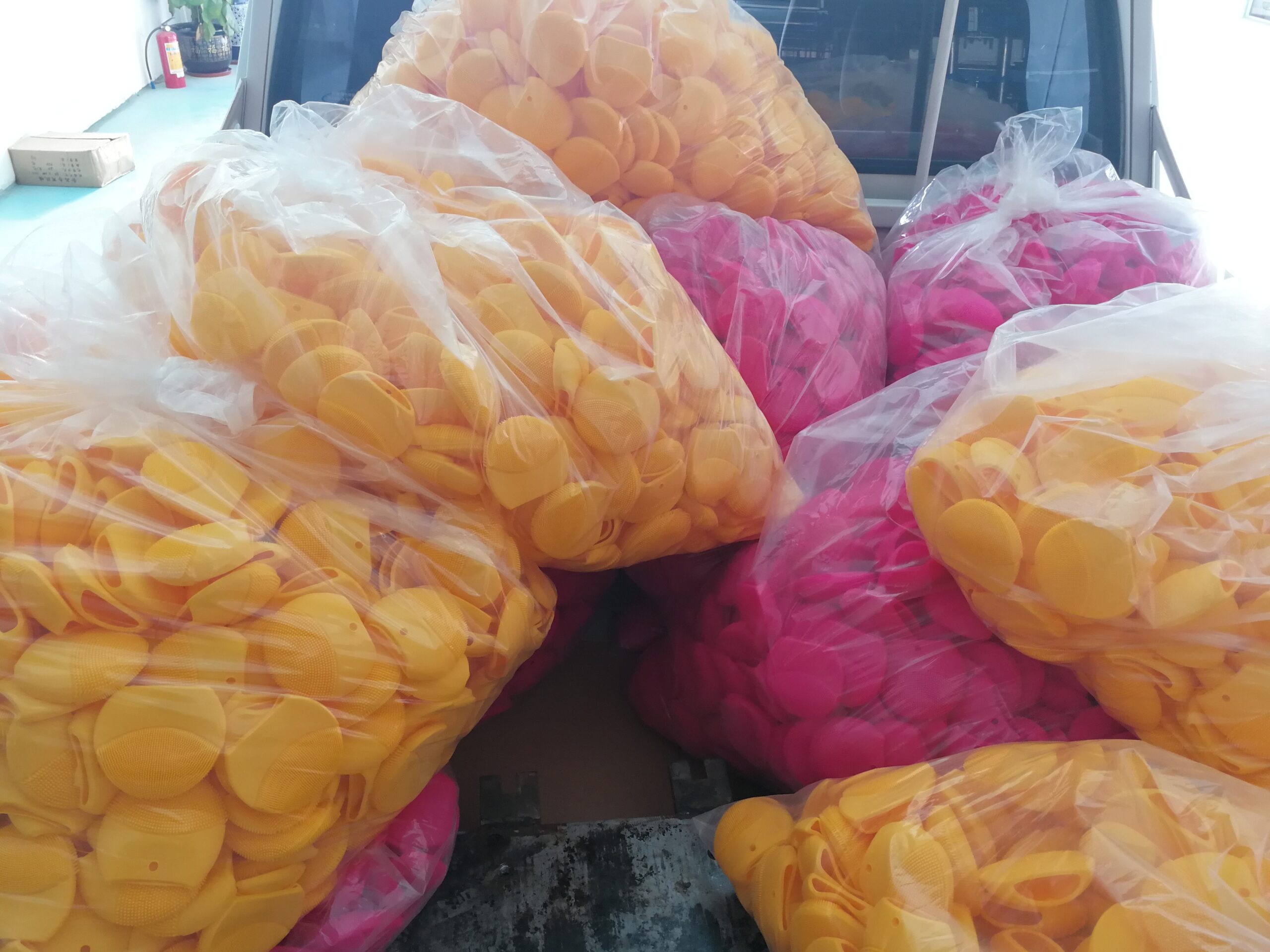
Foreo Global Legal Director Kelsey Tang said: “We are seeing major progress on IP protection in China and updated IP law grants the right holder to get more compensation with broader protection scope. The judicial practice shows that the enforcement authority assists patentees to do copies-takedown. This makes us confident and secure in developing more innovative products in the future.”
Foreo added that the Shanghai ruling not only boosted the brand’s efforts in the war against counterfeiters, but sets the tone for other brands which suffer from the same issue. According to the 2018 Global Brand Counterfeiting Report, worldwide losses from counterfeit products amassed to US$320 billion in 2017, 80% coming from China.
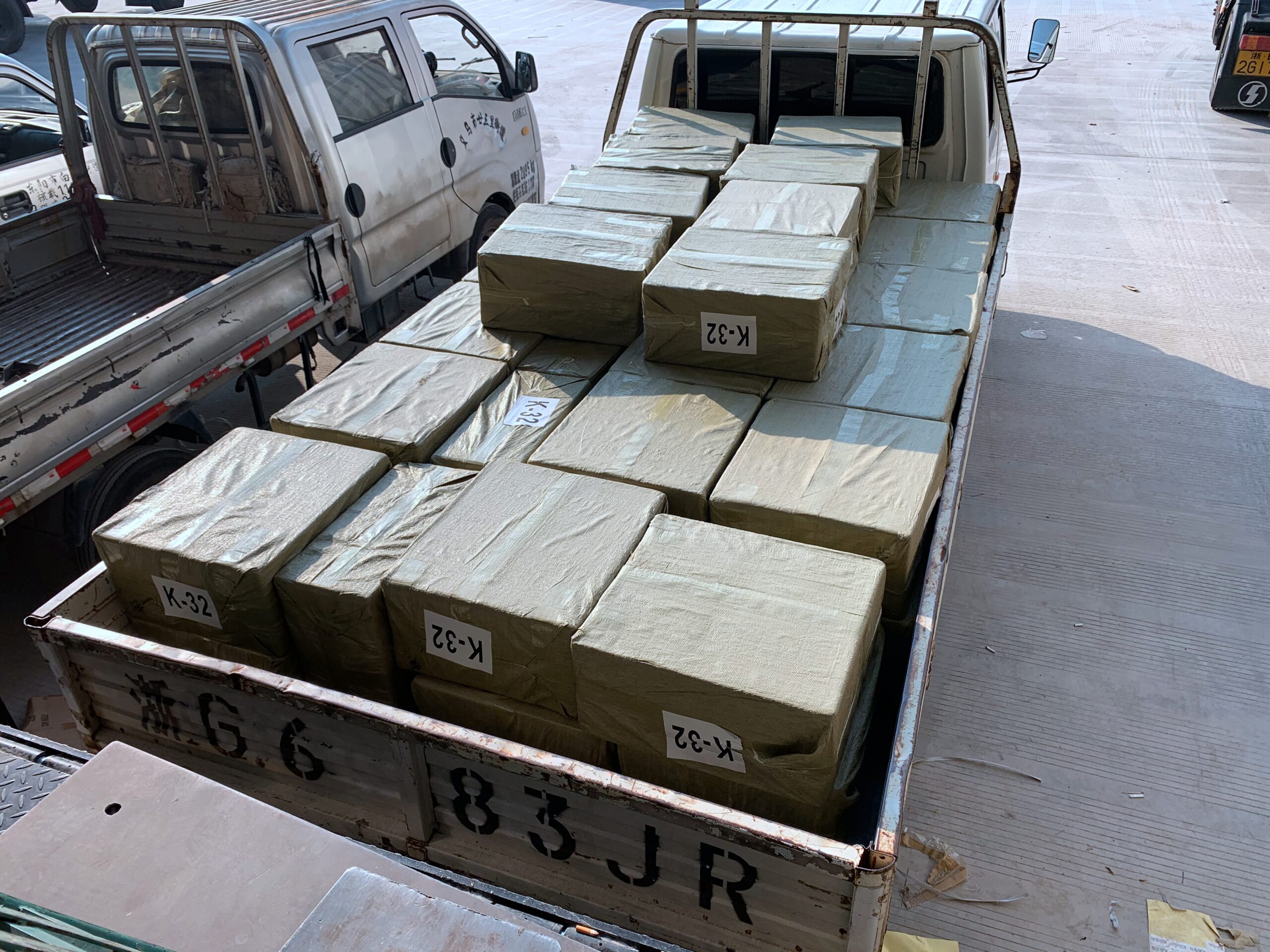
The amount of total counterfeiting globally had reached a reported US$1.2 trillion in 2017 and was projected to have reached US$1.82 trillion by the end of 2020. This includes counterfeiting of all equipment/products from defence equipment through to fake watches.
Foreo observed that counterfeiting is not only necessary to protect the brand itself, but also to protect customers. Brands have no control over the quality of the counterfeits being produced, and with less than stringent hygiene standards and factory conditions, Foreo warned that fake products can be harmful to those who purchase them. In order to protect its own customers, the brand issues a unique serial number on each product.

In 2020, Foreo revealed that it saw a particularly positive year in fighting dupes and fakes, with 27,292 products, 70,170 accessories, 14,218 silicone cases, and one silicone mould being seized. This investigation resulted in 15 targets being raided, including three factories, 17 suspects detained, and a compensation of RMB1,255,000 (US$192,300).
Two more cases were also exported to Vietnam and Argentina, with 3,600 counterfeit products seized. In civil litigation cases, 87 targets were raided, with compensation of RMB2,997,700 (US$3 million). Total compensation for brand protection for Foreo in 2020 reached RMB4,238,700 (US$649,400).

On 1 January 2019, China’s new ecommerce law came into effect, which applies to ecommerce operators such as Taobao, third-party merchants, and online vendors with their own websites. The law brings pressure to bear on online retailers to fight counterfeit and copycat products, as well as giving protection to intellectual property.


